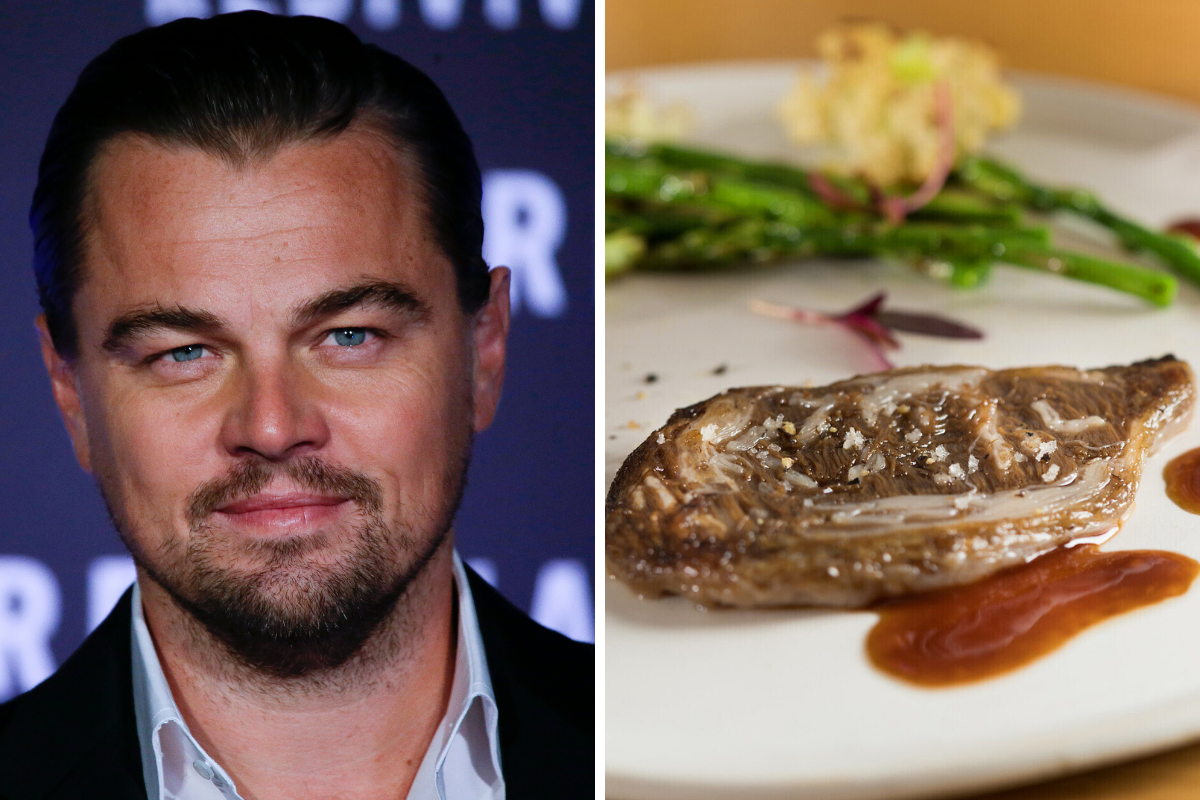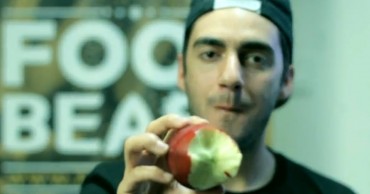About a third of the food produced for human consumption is estimated to be lost or wasted globally. But the biggest part of food waste, which is not included in that estimate, may be through dietary choices that result in the squandering of environmental resources.
Consider that cows, chickens, pigs – whether for eggs, dairy, or meat – all need to eat plants – and farmers need to grow food for them. Imagine there were no more meat eaters? If we all become vegans or ate meat grown in a lab? How would that shift edible crops for us?
This is a good study for proponents of Alt Protein, alternative meat, fake fish and milk from a lab companies.

Leonardo DiCaprio invests in Israel’s Aleph Farms, a company from Israel that makes meat in a lab
In a study published in the Proceedings of the National Academy of Sciences (PNAS), researchers at the Weizmann Institute of Science and their colleagues have now found a novel way to define and quantify this second type of wastage.
The scientists have called it “opportunity food loss,” a term inspired by the “opportunity cost” concept in economics, which refers to the cost of choosing a particular alternative over better options.
Opportunity food loss stems from using agricultural land to produce animal-based food instead of nutritionally comparable plant-based alternatives.
The researchers report that in the United States alone, avoiding opportunity food loss – that is, replacing all animal-based items with edible crops for human consumption – would add enough food to feed 350 million additional people, or more than the total US population, with the same land resources.
“Our analysis has shown that favoring a plant-based diet can potentially yield more food than eliminating all the conventionally defined causes of food loss,” says lead author Alon Shepon, who works in the lab of Prof. Ron Milo in the Department of Plant and Environmental Sciences.
I had the pleasure of gardening with Alon a few years ago when he showed the parents of the Tel Aviv Waldorf School, Beit Hinuch Aviv, how to grow a permaculture garden. We’ve ben harvesting it ever since. Earlier he’s researched papers on why beef is much worse for the planet than chicken or pork. Read the brief on the study here.

Alon Shepon
In the 2018 study, the scientists compared the resources needed to produce five major categories of animal-based food – beef, pork, dairy, poultry, and eggs – with the resources required to grow edible crops of similar nutritional value in terms of protein, calories, and micronutrients.
They found that plant-based replacements could produce 2 to 20 times more protein per acre than using that land for animal feed.
The most dramatic results were obtained for beef. The researchers compared it with a mix of crops – soya, potatoes, cane sugar, peanuts, and garlic – that deliver a similar nutritional profile when taken together in the right proportions.
The land area that could produce 100 grams of protein from these crops would yield only 4 grams of edible protein from beef. In other words, using agricultural land for producing beef instead of replacement crops results in an opportunity food loss of 96 grams – that is, a loss of 96% – per unit of land.
This means that the potential gain from diverting agricultural land from beef to plant-based foods for human consumption would be enormous.




